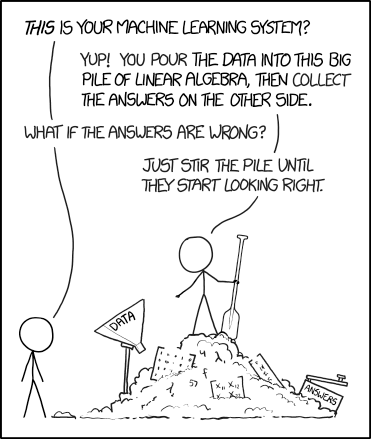I'm a big fan of all of Raj Chetty's work and loved hearing about it in his own words, but my favorite part of the interview was absolutely his discussion of the "Raj Chetty Production Function." What is his secret recipe? Yes, he answers important questions with new data and then describes these results in very clear ways, but it's certainly not as easy as it sounds.
Raj says, "It’s very easy — students often have this reaction, that all I need to do is get access to this big dataset, and then I’m going to be all set for my thesis. And what you end up finding is that that is often not the case. It’s very easy to write a paper that is not that good, even with cutting-edge data and modern techniques. So one of the things that I try to do — and the easiest way to see this is if you internally, within our research group, see the iterations of the papers we’ve been working on — where we start out is often very far away from the papers that people see as the finished product. We work hard to try to write a paper that ex post seems extremely simple: 'Oh, it’s obvious that that’s the set of calculations you should have done.'"
I've actually just started exploring a new data set for a brand new project and those words were quite inspirational.
Speaking of inspiration, I was happy to learn that Raj is also a fan of the Piano Guys! Here's one of my favorite songs of theirs. Oh, but I like this one, too.
